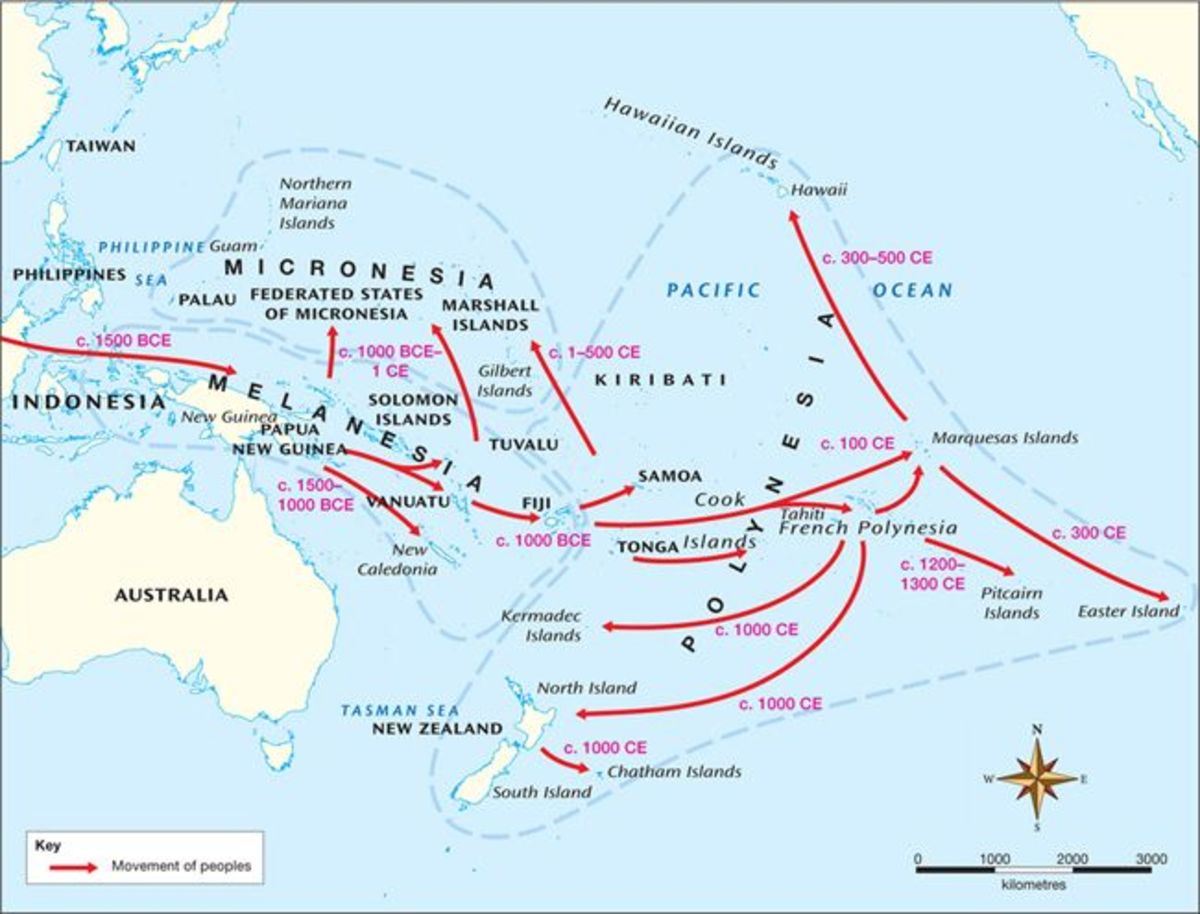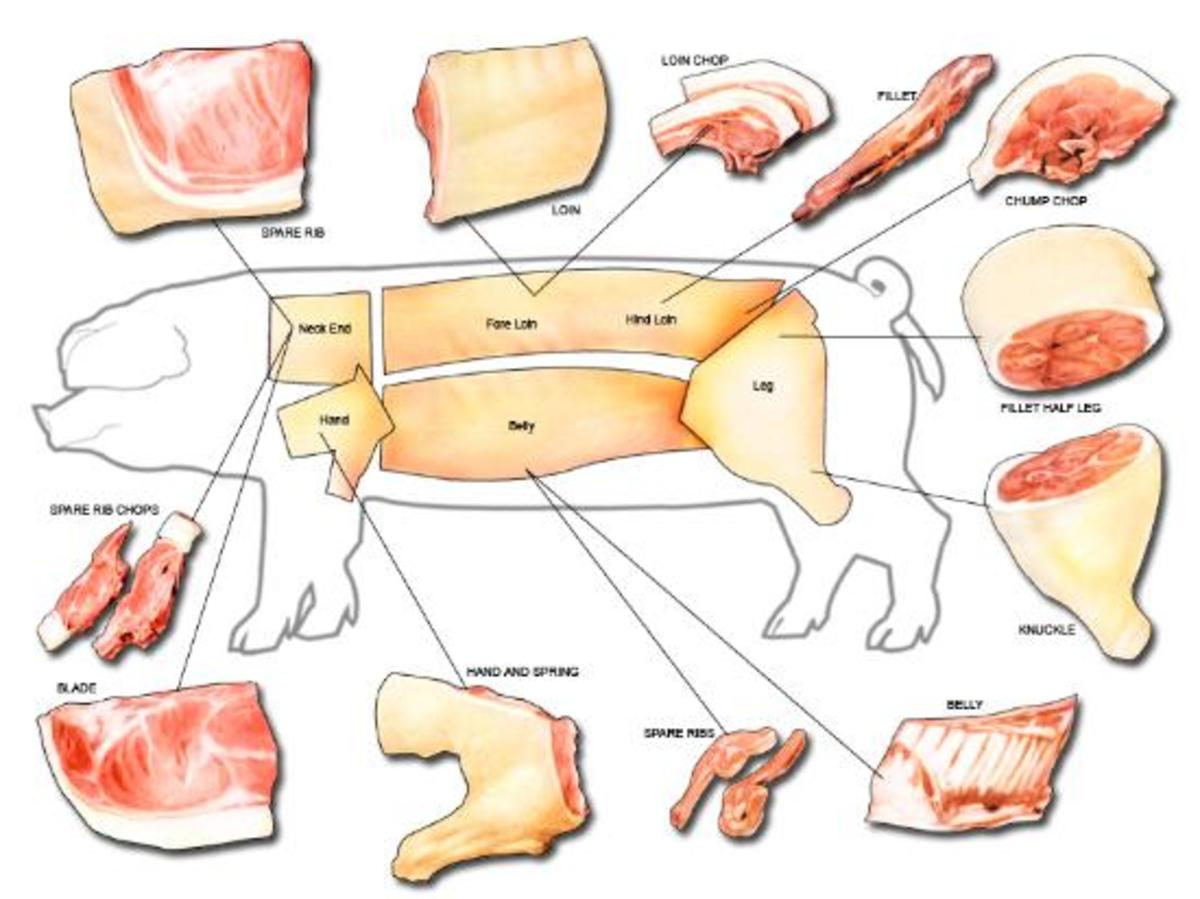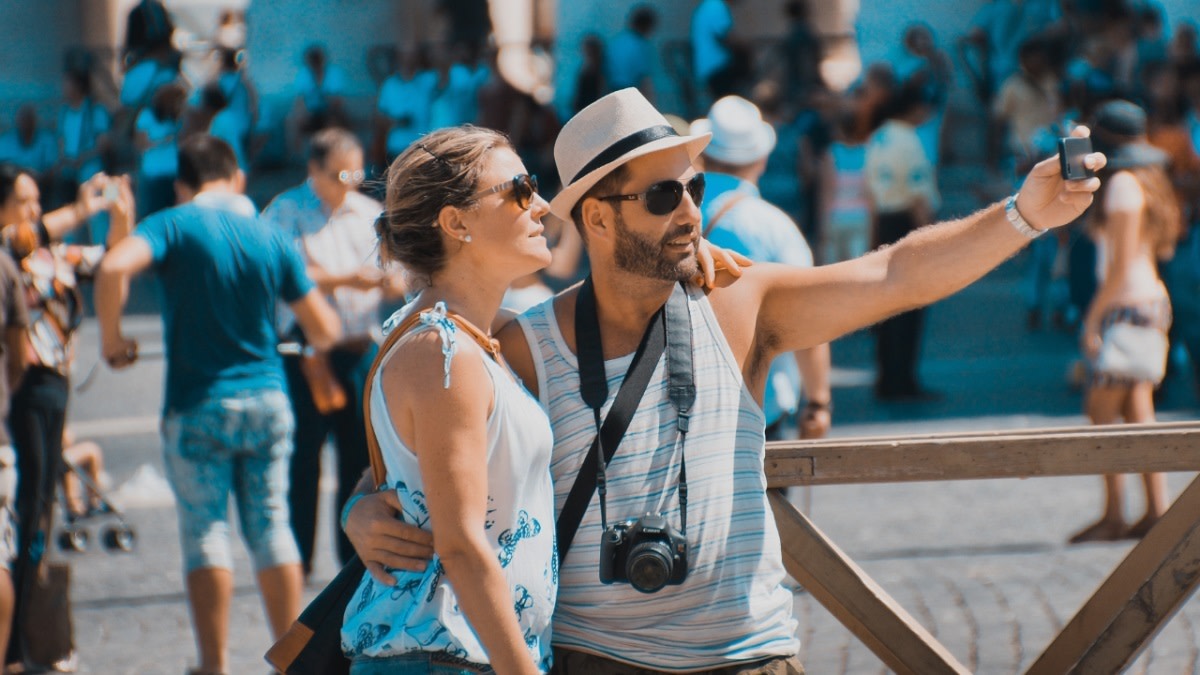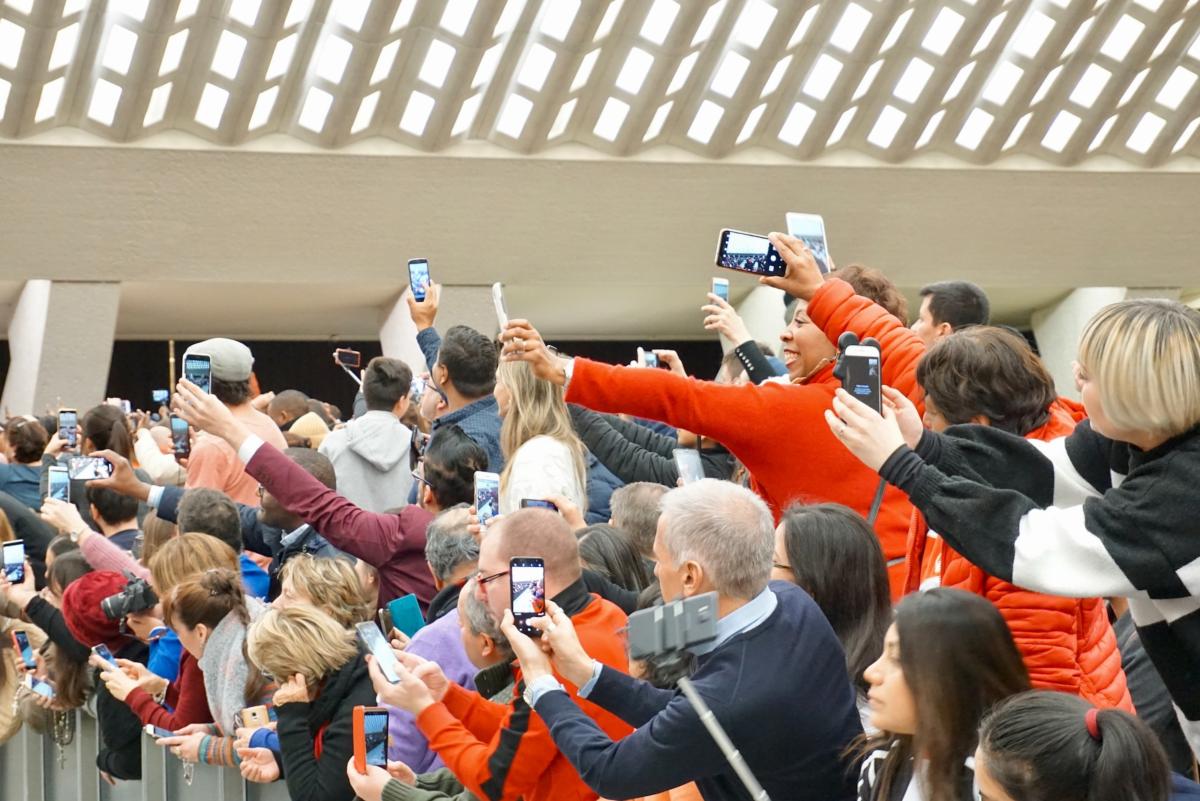4 Situations Where a Person Is Likely to Engage in Cannibalism
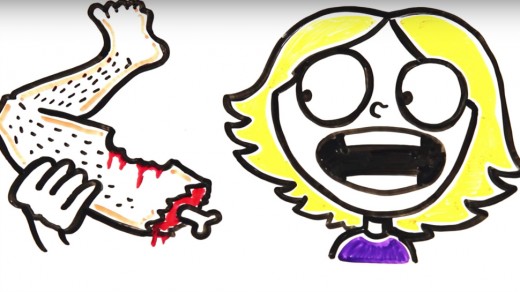
- Scientists believe Homo antecessor- the link between Neanderthal & Homo sapiens practiced cannibalism in supplementing their diet.
- The first known case of cannibalism dates back 100,000 years ago where it’s believed Neanderthals regularly indulged the flesh of their own kind.
- Eating human flesh can lead to being infected with Prions- infectious, distorted proteins with altered shape that affect other normal proteins and changing them causing a disease which creates holes in the brain eventually leading to death.
- Placentophagy- Is eating of the placenta by mothers after birth of their new- born which is widely believed in easing birth stress, contracting of muscles around mammary cells to improve milk production with famous celebrity Kim Karshadian practicing it.
Imagine a situation where you survive an air crash and get stranded in a remote island with the hope of getting rescued fading by the day. Food reserves are at its most critical level enough for only one day, and then you face starvation. With zero chance of finding anything edible on the island and fishing is impossible due to the frequent punishing currents. As hunger pangs strike fervently each day to the point of facing death you’re faced with a Do or Die option, either devour the flesh of fellow fallen passengers or death. Will you eat it to stay alive or face immediate starvation? It’s a question I asked myself recently in testing the limit of our human side and also have we through evolution somehow suppressed a hidden cannibalistic nature only triggering it if certain conditions, scenarios, situations or factors are at play.
Necessity-(Do or Die)
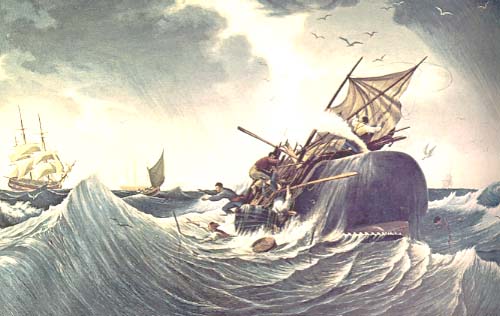
Take for example the crew of Dumaru, a steamship that in October, 16th 1918 exploded and sunk in the Pacific Ocean, after 3 weeks adrift with supplies diminishing quickly, it was reported they engaged in cannibalism to survive or the case of Essex which was sunk by a sperm whale in 1820 and were stranded for 90 days with evidence of cannibalism being committed on seven crew members who were either dead at the time, or sacrificed themselves for that purpose before being rescued. What about the famous Mignonette, an English yacht which was caught in a fierce storm off the Cape of Good Hope, after several days without food or drinking water, one of the four crew members fell ill & unconscious, two of the remaining crew members decided to kill and eat him. After being rescued the two who cannibalized the unfortunate member were found guilty of murder by the court and their defense of necessity was thrown out setting a major precedent in law.
What is Cannibalism
Cannibalism is the consumption of another human’s body matter, whether consensual or not, with the term derived from a mispronunciation of the word Carib to Canib or Canibales by early Spanish explorers who witnessed the Island Carib people of the Lesser Antilles indulging in a post war ritual of eating the flesh of their victims and the word cannibal being first used in 1553 according to Merriam-Webster dictionary.
Cultural Norms
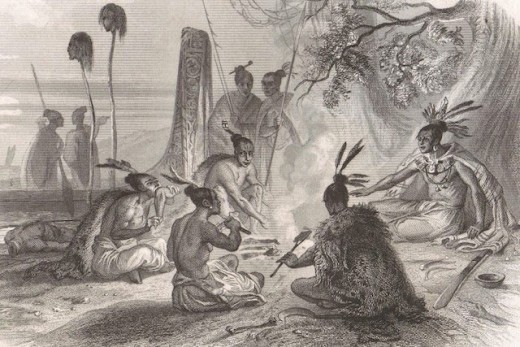
The Island Carib people bring forth another aspect into the matter where one indulges in cannibalism not as necessity in preserving life when in dire situations but fulfilling some form of ritual norm and are such categorized as either Endocannibalism- consuming human flesh of members from the same community e.g. ritual eating of the recently departed as a way in guiding them to the after-life, or Exocannibalism which is consuming from outside the community e.g. post war ritual of eating defeated enemy combatants as way of celebration or absorbing their power or to become invincible.
Like the Maori people of New Zealand who in 1809 waylaid a European prisoner’s ship after seeking revenge for the ill treatment of their Chief’s son, killing most onboard, taking both dead and alive crew members, and eating them as the lucky ones who survived the ordeal by hiding in the ship’s mast watched the whole terrifying scenario.
So far the above cases strive in lending credence of how our hidden cannibalistic nature is brought forth in dire situations as a way of preserving our life or we just practice it for the sake of societal norms that we’re expected in fulfilling and hence embracing it as part of our culture. Hence suggesting 2 likely scenarios where one can find him/her-self indulging in cannibalism i.e. (i) Necessity- Do or Die situations, and (ii) Cultural expectations.
Mutually Acceptable

But what about the case of German’s Armin Meiwes who in 2001 placed a personal ad on the internet with the aim of soliciting for someone willing to be cannibalized in which Bernd Jürgen Brandes offered himself where they planned and executed the act. After consuming Brandes body for several months, he posted another similar ad and was promptly arrested after wave of complaints by the public and consequently sentenced to life imprisonment. Armin’s case presents another suggestion where some people practice cannibalism freely; both the cannibal and victim see it as a part of normal human behavior and nature hence either willingly eat or be eaten.
Paranoia

Have you ever heard of the following people; Andrei Chikatilo, Issei Sagawa, Jeffrey Dahmer, Kevin Ray Underwood and Robert Maudsley. If no, then let me introduce you to the most sadistic, psychotic and murderous persons who made sure the victims of their delusional fantasies suffer horrific, torturous, painful deaths in order to satisfy their cannibalistic tendencies. Like Dorangel Vargas of Venezuela nick named “the Hannibal of the Andes” who in 1999 was found with 10 skulls, fresh entails after being released earlier on a similar charge where he was found with human remains and admitted eating them denying the murder charges. The only rational explanations in explaining such occurrence is that some people are just insanely crazy and are fulfilling some weird fetish ingrained in their perceived sadistic world. Hence in their ever constant paranoid state they believe they’re cannibals in reality just pure psychotic.
Cannibalism has been with us since the times of Neanderthals and has continued to this present day with chilling tales of how victims suffered horrific deaths in satisfying other’s allure of consuming human flesh. In reviewing various cases of cannibalism throughout history I have tried answering the question whether through evolution we have somehow suppressed our cannibalistic nature and how it can be activated if various situations, conditions or factors are at play.
Hence can your cannibalistic nature hidden, suppressed after thousand years of evolution be triggered by certain conditions, situations or factors and will it be enough to override the human nature in you?


